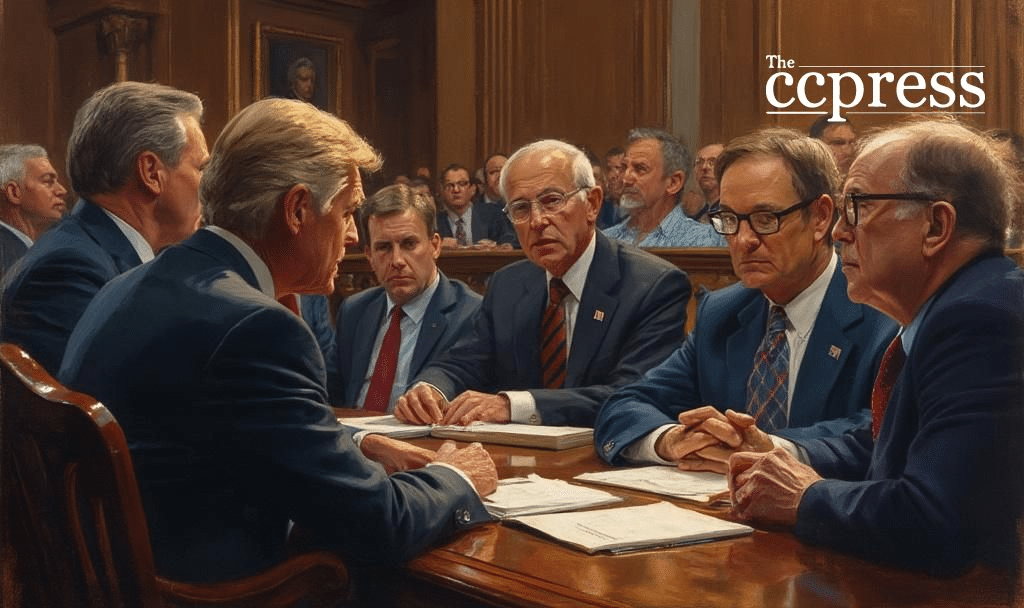- Main event, leadership changes, market impact, financial shifts, or expert insights.
- Thune leads new stablecoin regulatory framework.
- First federal regulation affects U.S. dollar-pegged stablecoins.

This event indicates a shift towards mainstream adoption with increased regulatory clarity, especially impacting large volume stablecoins like USDT and USDC.
Senate Majority Leader John Thune spearheaded this landmark event with broad bipartisan support. The GENIUS Act aims to integrate stablecoins within a comprehensive federal framework for the first time.
Tim Scott, Chairman of the Senate Banking Committee, emphasized the act’s significance, stating, “The GENIUS Act is the first of its kind.” Both Democratic and Republican senators supported it.
The immediate effects are anticipated on the stablecoin market, impacting capital flows and liquidity in core assets like ETH and BTC. Financial institutions may soon enter the stablecoin space, enhancing fintech’s growing market.
“We want to bring cryptocurrency into the mainstream. And the GENIUS Act will help us do that,” said John Thune, Senate Majority Leader.
Financial and political implications include establishing the U.S. as a leader in digital asset regulation while influencing global payment ecosystems. Consumer protection is central under this regulatory oversight.
Financial outcomes hinge on regulatory conditions, impacting digital asset valuations and innovations. Historical precedents suggest parallel impacts on EU and Asian crypto markets. As more governmental frameworks emerge, market dynamics could evolve rapidly.
| Disclaimer: The content on The CCPress is provided for informational purposes only and should not be considered financial or investment advice. Cryptocurrency investments carry inherent risks. Please consult a qualified financial advisor before making any investment decisions. |






























